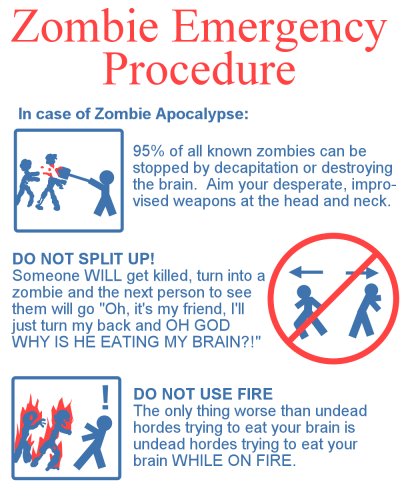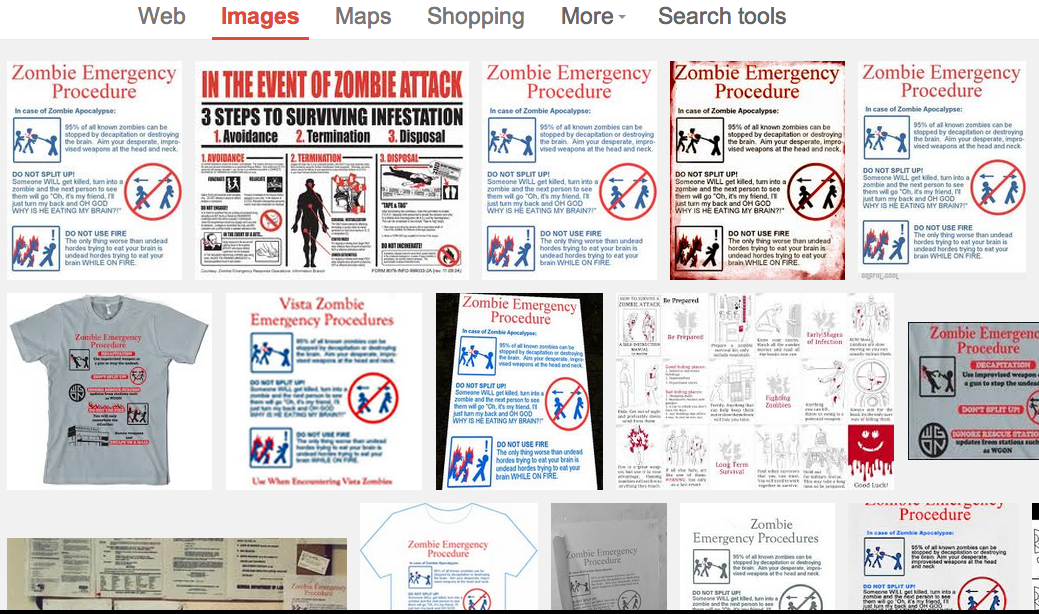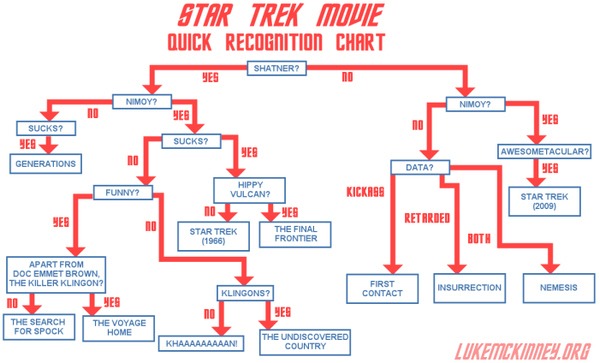The Internet has reversed all our survival instincts. We don’t need to stand up to get food anymore, millions of people stay at home alone because they can already see naked bodies, and after millions of years of evolving to avoid disease suddenly everyone wants to be viral.
The problem is that trying to be viral is like trying to be cool: that’s the absolute worst way to do it. It’s like trying to headbutt through a brick wall by thinking really hard about how awesome it would be if it worked. It won’t, but it will hurt, and the harder you try the stupider you’ll look. (And actually be, depending on how many times you try). If you actually want to break through you need to spend years honing your skills, or – and this is where we come in – hire someone else to do those things.
My name is Luke McKinney. I’ve been writing online for six years, and that career was created by viral articles. I’ve experienced more varied and publicized viral events than the crew of the Starship Enterprise. Most infections teach obvious lessons like “don’t stand on rusty nails” and “that dog isn’t foaming at the mouth because it wants to share some fizzy soda.” The lessons I’ve learned from three of my own articles are less urgent, but hopefully more useful in your daily life.
1. Fun Articles Do The Work For You
You share something viral with other people the same way you’d do it in the real world: just go and have fun with as many different people as you can. My first writing gig arrived because I’d designed Zombie Emergency Procedures for the laser physics lab I was working in. Because, unlike my coworkers, I knew we were living in a science-fiction cliché and wanted to be ready.
I stuck the poster online and promptly got on with doing something else. I advertised it less than an embarrassing skid mark, but the whole point of the internet is that everything can be seen by everyone. That’s what the internet is for. Out of the blue I got an e-mail from a magazine editor asking if I wanted to write for money. Meaning that the first person to even suggest this wonderful dream to me was offering to make it come true.
Some people think in terms of pure numbers, hiring hordes of bots to boost their view count, but when you’re paying machines to look at themselves online you might as well spend your money on porn. Because at least then real people are getting work, and are capable of feeling pleasure while masturbating. Just like in the movies, real people and passion beat the endless hordes of heartless machines.
This piece launched my career, and unleashing the zombie hordes is still one of the most viral things I’ve ever done.
2. Know Your Trends
The Internet is made of trillions of processors capable of nanosecond computations, and the users have even shorter attention spans than that would suggest. It can suddenly devote more person-hours to My Little Pony than humanity spent on the space program. It can switch its love on and off like a light and, in the case of tidal memes like Gangnam style, the results move more quickly.
My second huge surge in popularity came with the first Star Trek reboot. Which was awesome. Spiritually drunk on awesome space explosions I poured my love out into the Star Trek Movie Quick Recognition Chart.
It went stratospheric. It went higher than I’d ever been on sites I’d never submitted anything to. That’s the whole point of viral: you can’t make it happen yourself, but when you create something cool other people will do it for you. The problem with trying to surf popular trends is that you need to understand them. When your whole strategy is subjecting your material to analysis by the most obsessive fans in existence, all of whom have access to a global computer network of research material, you can’t just plaster a few keywords into a page of stock text. Well, you can, but no-one will share it. That’s why it’s important that your writers really research and care about the subject they’re writing about.
The next day a new client contacted me about making funny graphics. “That’s cool, I just started doing that,” I said. “We know,” they replied. Shortly after that I went full time.
3. Content Beats Keywords
My most popular article is The 7 Biggest D**k Moves in Online Gaming, with almost five million views, over fifty thousand Facebook shares, and it’s still climbing. Writing about assholes and electronics sounds like the safest bet possible on the internet – after all, that’s pretty much what it’s built from – but there are thousands of these articles. Why did this make it? Because the vast bulk of SEO articles think keywords are magic words, that just mentioning them will make everything you want come true. The right SEO seeds will push your article to an earlier search page, but without actual content that’s where they’ll wither and die. It’s terrifying how many companies forget that social networks are made of actual people.
It’s not yet possible to hypnotize readers into passing on your article, and even if it was, I wouldn’t do it. The point of writing is to have fun. Creating something the readers enjoy means you get to have even more fun. You need writers who understand the material, not typists scattering buzzwords like glitter to jazz up a flavorless mass of text.
The key point is how your writer approaches their word count. If they cut their work down to fit your word count, they’re professional. If they just keep chugging until they reach it, they’re doing homework. And nobody enjoys reading homework.



